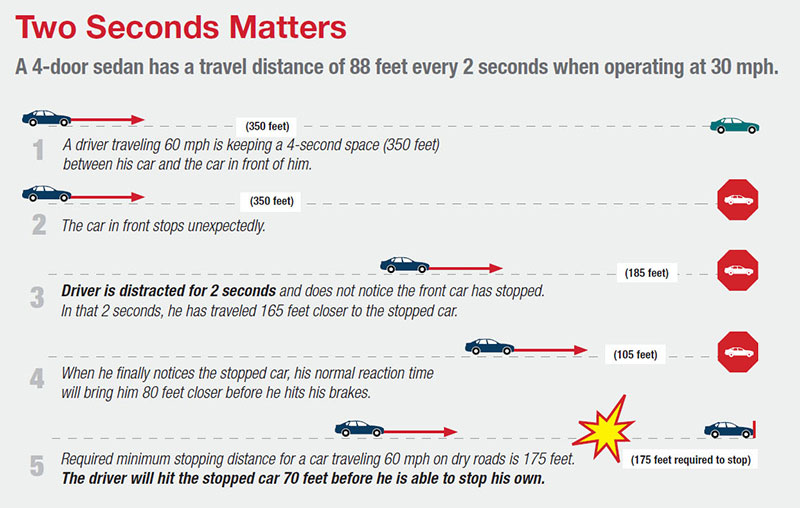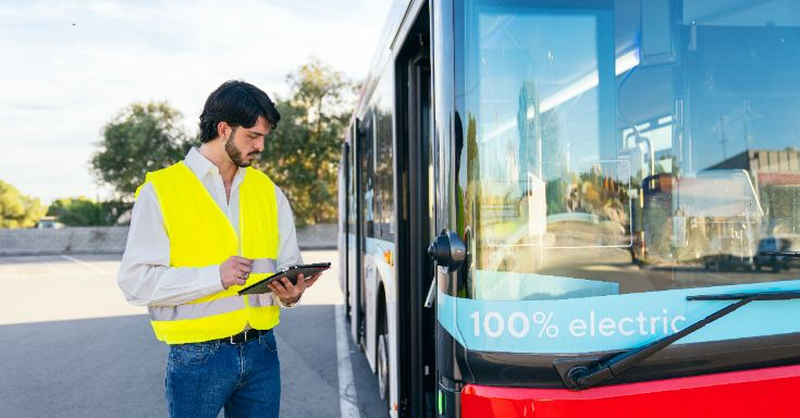The Most Common Distractions Drivers Must Manage

Distracted driving accidents are on the rise. While overall vehicle accidents are decreasing, 9% of all fatal motor vehicle collisions on roads are related to distracted driving.
Driving while distracted can be deadly. Not only does it compromise the health and safety of the driver, but distracted driving can affect the lives of others both inside and outside the driver’s vehicle.

To minimize the risk to others, drivers must change their behavior when they’re behind the wheel.
What are the common distractions drivers must learn to manage safely?
These are common distractions that drivers must learn to manage safely:
Passenger conversations
Conversations with passengers should be kept to a minimum, especially when driving in the city, in heavy traffic or on unfamiliar routes.
Electrical devices
Any time an electrical device like a cell phone is in use, the vehicle should not be moving. The driver should pull over to a safe location like a parking lot and interact with the device only after the vehicle is stopped.
Eating while driving
One of the most common activities within a vehicle is one of the most dangerous. If you’re hungry, pull over!
Hands-free technology
A hands-free conversation is still a conversation and can be distracting. Keep all conversations to a minimum while driving in the city, heavy traffic or on unfamiliar routes.
Comfort devices
Interacting with anything on the vehicle’s dashboard will take the driver’s eyes off the road. Make sure to adjust the settings on media devices, radio, heat and air conditioning while the car is stationary.
Resources
.png?sfvrsn=f41e22b1_1)








